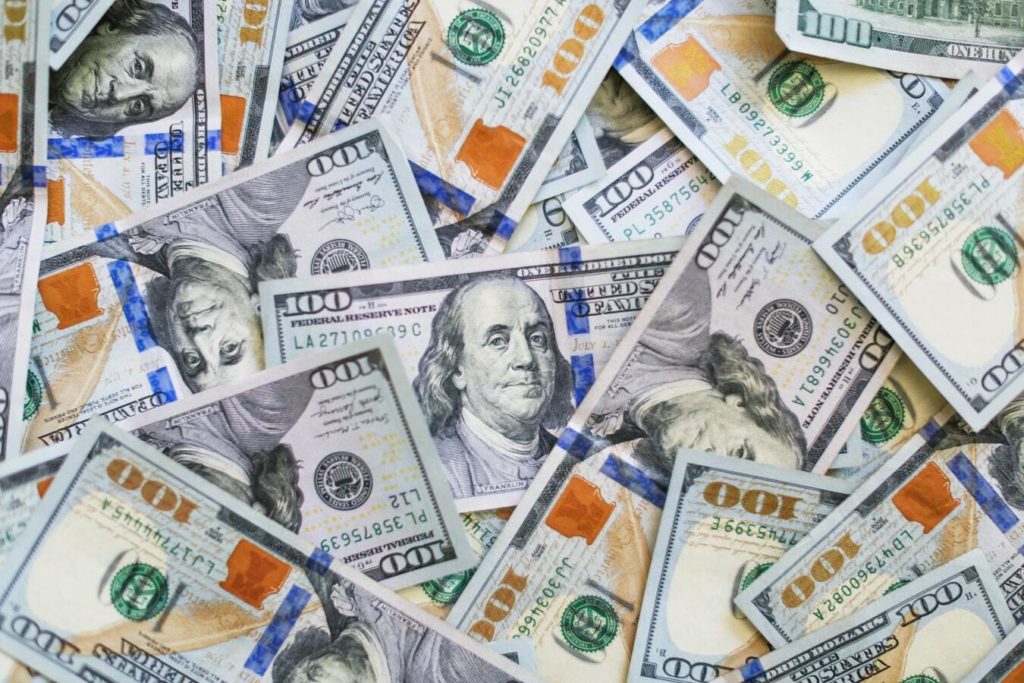
What is Cash Flow?
Image Credit: unsplash.com
Before investing in a rental property, it pays to do some research. Oftentimes, investors end up selling the property at a loss due to the inability of rental income to pay for all the expenses and repairs required by the property.
What is cash flow? Understanding what cash flow is and how it’s used to evaluate deals will help minimize your risks.
What is Cash Flow?

Cash Flow is the income a property brings after paying all expenses and subtracting any cash reserves you may need that is related to the property. It is a metric used to analyze whether investing in a property would be a profitable venture.
To compute the cash flow, you simply deduct the total expenses and projected cash reserves from the estimated rental income generated by the property. These expenses typically include mortgage, property taxes, insurance, and utilities, and if you intend on using a property management company, property management fees. Cash reserves, on the other hand, can be projected as a percentage of the income generated by the property. These reserves are made in preparation for future vacancies, missed rentals, repairs, replacements, or improvement needs. By setting aside reserves, you can future proof your rental property’s income-generating ability thus ensuring a consistent cash flow.
When initially looking to buy a property, the information regarding the amount of such expenses can be obtained directly from the seller, the realtor or the lending institution. Property management fees, on the other hand, can vary between property management companies.
Let’s calculate your cash flow for a sample property.
The seller of a single-family home is asking $100,000.00 for the property. The numbers below are on a monthly basis.
| Rental Income | $2,000.00 |
| Mortgage (Assuming 20% down payment at 6.5% interest for 30 years) | $505.00 |
| Property Taxes | $66.00 |
| Insurance | $66.00 |
| Vacancy Reserves (5% of Rental Income) | $100.00 |
| Repair Reserves (10% of Rental Income) | $200.00 |
| Property Management Fees | $180.00 |
| Total Expenses | $1,117.00 |
| Monthly Cash Flow | $883.00 |
| Annual Cash Flow | $10,596.00 |
Taking everything into account, your total monthly expenses would amount to $1,117.00. By deducting $1,117.00 from $2,000.00, we determine that the estimated monthly cash flow generated by the property is $883.00. This means that investing in the rental property would potentially earn you $883.00 monthly while covering the expenses associated with the property.
What is Cash Flow: Positive Cash Flow vs Negative Cash Flow
Positive Cash Flows occur when the income generated by your rental property exceeds all expenses and reserves associated with the property. In simpler terms, a positive cash flow means that the money you make from the rental property is more than enough to pay for your property’s total expenses and miscellaneous costs. Any leftover could be used to reinvest, to cover your expenses, or to serve as your retirement fund.
On the other hand, Negative Cash Flows occur when the expenses associated with the property are greater than the income it generates. This simply means that your investment is losing you money.
Why is Positive Cash Flow important?
1. Allows you to generate an income passively.
Passive income is generated when the investor has little to no involvement in the property’s actual management and operations.
2. Provides you with an abundance of opportunities.
Having a property that produces positive cash flows enables the investor to reinvest into other properties.
3. Offers Financial Security
Positive cash flows provide the investor extra income which adds to their savings and can act as a safety net during economically challenging times or can be used for other investment opportunities.
4. Provides you Financial Freedom.

If done correctly, years of investing in several properties could lead to passive income surpassing income generated from work.
5. The property pays you to own it.
A property with a positive cash flow pays for itself when the income it generates is more than enough to cover the total expenses including the mortgage. Thus, allowing the investor to eventually own the property at a fraction of the cost.
What is Cash Flow: How does it work in a Real Estate Syndication?
In a Real Estate Syndication, cash flows are split amongst the syndicator and the investors based on their agreed-upon terms. Usually, the cash flow is distributed in two ways, a Straight Split or a Preferred Return.
Straight Split
In this deal structure, the cash flows are divided between the syndicator and investors in an agreed split, typically favoring the investors.
For example, for a rental property generating a cash flow of $100,000.00, using a 70/30 structure, the investor would receive $70,000 and the general partner or syndicator would receive $30,000.
Preferred Return
In this deal structure, the investors will receive a certain percentage of their initial investment from the cash flows before proceeds are split between the investors and syndicator. Once the preferred return is paid, anything beyond is split between the partners on an agreed structure. This structure affords investors some returns while incentivizing the syndicator to ensure that the rental property generates cash flows above and beyond the preferred return.
As an example, in a 10% preferred rate arrangement, the investor was promised a $10,000 preferred return versus the cash flows generated by the properties based on his or her investment. In this scenario, the syndicator will not receive any payouts unless distributions exceed $10,000 for the year, then the amount in excess is shared accordingly between the investor and the syndicator based on terms previously agreed upon.
Reference:
- https://learn.roofstock.com/blog/real-estate-cash-flow
- https://www.biggerpockets.com/blog/cash-flow-definition-importance
- https://www.mashvisor.com/blog/what-is-cash-flow/
- https://homesales.com.au/news/latest/investing/positive-and-negative-cashflow/
- https://www.mashvisor.com/blog/real-estate-positive-cash-flow/
- https://www.forbes.com/sites/forbesrealestatecouncil/2020/12/22/a-look-into-multifamily-real-estate-syndication-splits/?sh=61d259334303
- https://goodegginvestments.com/blog/real-estate-syndication-structures/